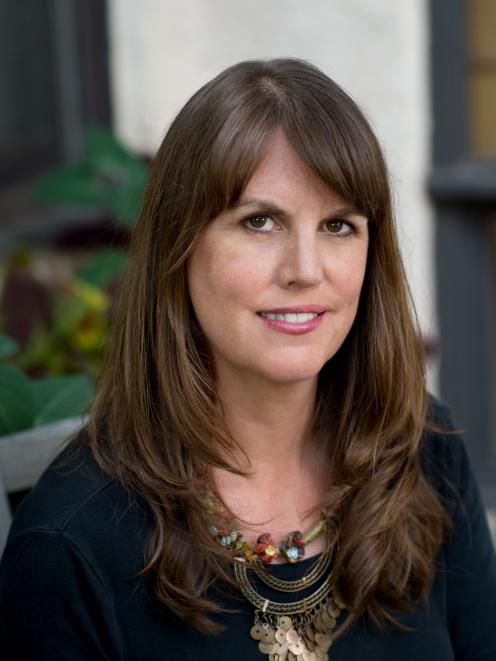
Elizabeth Kostova's new novel, The Shadow Land, brings the modern history of Bulgaria into focus.
THE SHADOW LAND
Elizabeth Kostova
Text Publishing
By PETER STUPPLES
We are still obsessed by novels set in the two world wars, or the later Cold War between East and West, yet there are still pockets of conflict and atrocity that surface for closer treatment or mark a tragedy that has been unwarrantedly overlooked.
Elizabeth Kostova’s novel brings the modern history of Bulgaria into focus - first fascist then communist, now oligarchical, the minds and bodies of three generations marked by memories they wish they never had.
The book reads at times like a whodunit, but without either the crime or the criminals revealing themselves until the slow-burn of the prose finally sparks towards a denouement.
What seems an accidental event involving a young American teacher of English arriving on her first jet-lagged day in Sofia, the capital of Bulgaria, turns out to be more significant than she could imagine. She swiftly becomes entwined in the life and history of a family that also, unwittingly, harbours secrets that others want hidden.
In a tale of hunting and being hunted, with half-clues scattered temptingly across the reader’s gaze, we are treated to a road tour of modern Bulgaria, getting a sense of the charm of the awe-inspiring landscape and ancient buildings, a backcloth to the ever-visible poverty and deprivation.
It is also a hymn to the enduring qualities of music, poetry and visual art giving strength to those living in adversity, as the narrative pits banality - either of the Right or the Left - against the resourcefulness of an impoverished intelligentsia under constant siege. Political regimes, whether red or blue, it seems, bring with them certain brutality and very uncertain benefits for the average Bulgarian citizen. The bully takes all.

The story of the heroine, Alexandra Boyd, is told in the third person, but with reminiscences in the first. The people she meets are often given chapters to relate backstories in their own words, even to rework a fairy tale that holds a clue to unfolding events. The hero, Stoyan Lazarov, tells his own story through and alongside the road narrative, slowing the pace but enriching the damning history.
This doesn’t, as you might expect, make the novel difficult to read, but is deftly handled by a writer whose skill becomes more apparent as the book progresses by stages towards its dramatic and romantic ending.
This is a positive story, praising the native generosity of the average citizen, loyalty to friends and family. It threads tantalising strands of romance, as well as more opaque examples of heroism, all despite the grim circumstances of modern eastern Europe.
Elizabeth Kostova is an American married to a Bulgarian: the novel is the product of experience as well as imagination. It is a fitting memorial to heroes and a warning to all of us to protect a democracy we too often take for granted.
- Peter Stupples teaches at the Dunedin School of Art.
Win a copy
The ODT has four copies of The Shadow Land, by Elizabeth Kostova, to give away courtesy of Text Publishing. For your chance to win a copy, email playtime@odt.co.nz with your name and postal address in the body of the email, and ‘‘The Shadow Land’’ in the subject line, by 5pm on Tuesday, April 18.
LAST WEEK’S WINNERS
Winners of last week’s giveaway, On Tyranny, by Timothy Snyder, courtesy of Penguin Random House NZ, were: Scott Bezett, of Harwood, Paul Bowie, of Alexandra, and Janice Madden, of Mosgiel.
Comments
Very interesting theme, the impoverished intelligentsia as bulwark against the banal and the banality of evil. Thugs are very resentful toward people they don't know, but may have heard of. That's why the weird attacks by Kiwis on Eleanor Catton was an aberration. It certainly wasn't normal.











